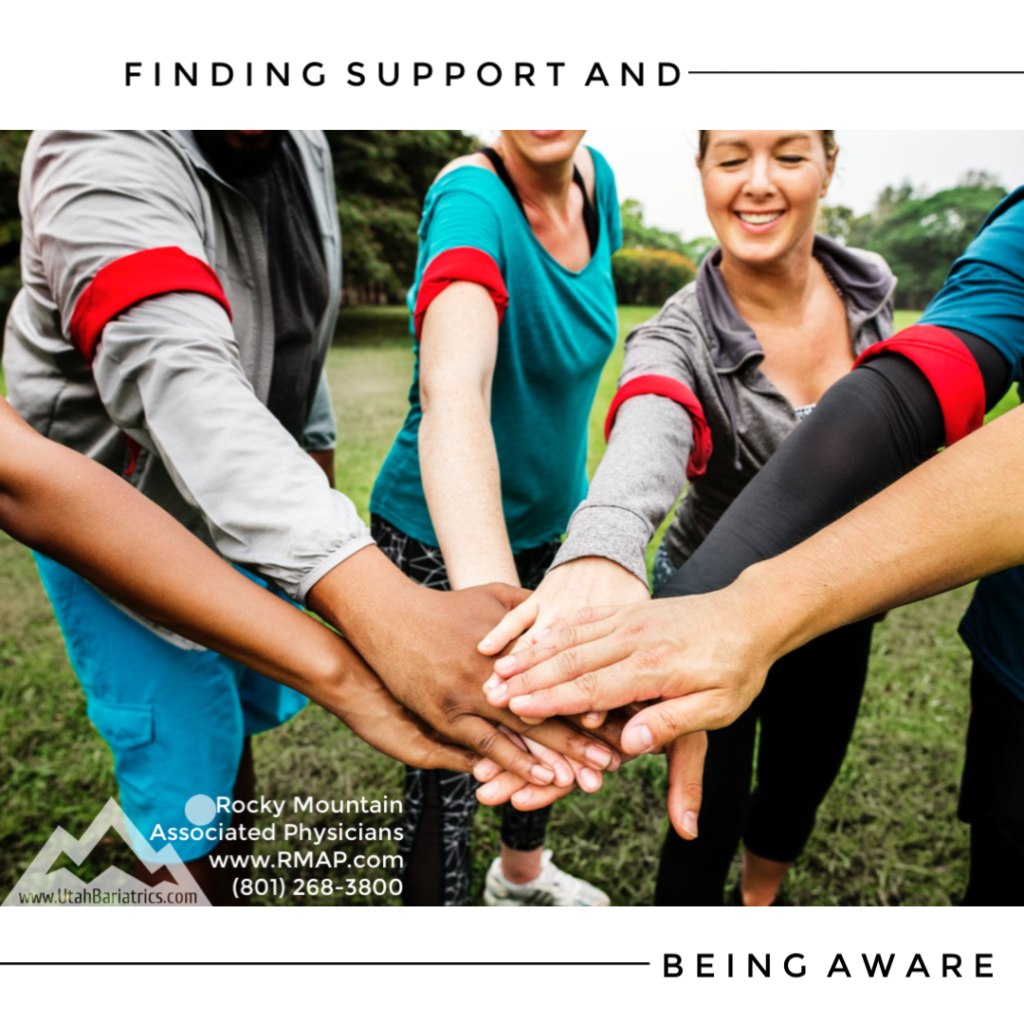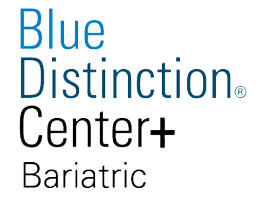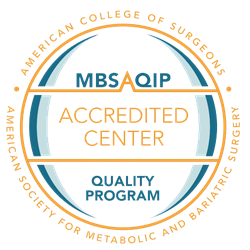
Learn more about weight loss surgery at Rocky Mountain Associated Physicians www.RMAP.com (801) 268-3800
Weight loss surgery not only transforms the physical body but also the emotional, social, and spiritual elements of an individual. There won’t be a single area of your life that goes untouched from the many changes that occur after weight loss surgery. You will be experiencing many emotional changes and feelings. For some patients, it can be a very difficult time. It can be strange to look in the mirror and realize that you are suddenly thinner, or seeing your clothes hanging differently on your body. It’s a time of transformation. You will be making decisions and become aware of what works and what doesn’t as you transition to a healthier lifestyle.
Losing weight and becoming healthier sounds ideal and wonderful, however, along with the fact of change, even when good, it can present obstacles and barriers of its own that must be overcome. Even with all of these positive changes, you may feel overwhelmed, alone, guilty, or just sad. Most surgery patients find that they have to redefine how they look at and feel about the world and themselves. The world may also look and treat you differently than you are used to.
After surgery, you will have the same life experiences, some joys but also same stressors that you held prior to surgery. In some ways, with your transitioning body, you will become a different person. Be positive. Co-morbidities will start resolving and you find that you want to do more. You will have more energy to deal with life challenges. New interests are apt to develop. You may find that you are attracted to doing things that in the past held no interest for you at all.
Sometimes we think that if only we were thin our problems will be solved, or we won’t have any problems. Yet, to our surprise, the weight is coming off, and the problems are still there. Weight loss may even present new issues.
Relationships with friends and family members may have to transition to new levels of understanding and areas of common interest. Increased intimacy with spouses is a common report among patients. However, the divorce rate among weight loss surgery patients is a cause for concern. If you are experiencing marital or relationship difficulties, consider seeking professional counseling. It is important to keep core beliefs and values in sight as the body makes the transition to health. Avoid important life altering decisions during the first eighteen months after surgery. Use this time to build new skills and implement practices that support and transition you to a lifestyle of health.
There will surely be relationship changes with spouses, family, friends, co-workers, and relatives. As you are getting out and doing more it might possibly be harder on them. It may even be their issue, but remember they are also dealing with these changes. It is possible that you may feel guilty over losing weight, when there are other people close to you who are still struggling with being overweight.
Weight loss and improved health is positive change. Success changes lives, circumstances and relationships. Reactions to an individual’s weight loss and change may vary. Keep in mind you cannot control the reactions of others. Some people may not know how to approach you anymore. Others may be jealous or envious and you may have to decide if you want to continue the relationship. These are normal reactions to major changes. Talk with people you are closest to and let them encourage you. Much is changing in your world. There will be people that don’t acknowledge your weight loss and others who seem to go on about it forever. Notice your responses to others and find positive ways to interact with them.
Clothing presents new opportunities of awareness. Dressing yourself will help you to acknowledge you weight loss success. Try new colors, cuts, and lengths. Realize that your style choices may change as your weight drops. Purchasing inexpensive clothing provides you with the opportunity to change your style and preferences as your weight and clothing size drops lower.
If you find that you have problems resolving situations in your life and your emotional state seems to be deteriorating, please seek some help. Professional counseling for just a short time has proven to be very helpful. We here at Rocky Mountain Associated Physicians are a great resource for referrals.
Communication and understanding with family and friends about side effects, health status, and emotional changes is imperative to help them alleviate fears and concerns about your well-being. Let your spouse, family, and friends support you. They may undergo a grieving process for the old lifestyle and patterns of food they were accustomed to. Spend time with them and develop new ways of interacting and socializing with each other.
Including your loved ones with your surgery can help both you and them long-term; the risks and the benefits. Discuss the nutritional changes that you will be implementing in your home and the roles they will play in your weight loss process. Invite your supporters to attend the informational classes, doctor appointments, and seminars. Having a support system will help you prepare both mentally and physically for changes, and for long-term success.
Attending support groups and classes are a great way to interact with others who have undergone weight loss surgery. Support groups and classes provide interaction and support with other patients. In these meetings the sharing of personal experiences helps provide support both emotionally and physically. Support group and education will help you ensure your long-term success.
The surgeons at Rocky Mountain Associated Physicians require that all patients invest real dollars into an educational program. Utilize your program, websites, classes and support groups to continually assist and remind you of the lifestyle of health that is essential for your success.
Here are some other ideas you could try to help find support:
- Find a good listener, not necessarily an adviser, but someone who can listen and understand—maybe a spouse, a friend, a parent, a sibling, or someone who has been through the same experience.
- Attend support group meetings in your area, or participate in our online support group on Facebook at https://www.facebook.com/groups/RMAPsupportgroup/.
- Call your nearest support group leader; they are delighted to listen to you.
- Practice enjoying compliments; don’t let yourself make excuses or reasons to not accept a compliment. Just say “Thank You” when a compliment is given.
- Do something for a special person. Write a note, send a card or call a long lost friend. It will add a lot to your day. This will help you not to be so concerned about yourself.
- Surround yourself with emotionally healthy people and become one yourself.
- Exercise reduces depression and anxiety. It increases feelings of well-being by causing the body to produce more endorphins. It improves ones ability to handle stress, and improves self-image.
Change, even when positive, causes stress and may present obstacles that you need to overcome.
Discouraging thoughts are common to have after weight loss surgery. Some commonly reported thoughts are:
- “How many times have I lost this much weight before only to regain it?”
- “I’m afraid that I’ll stop losing.”
- “Is it really going to stay off this time?”
- Why do people tell me I look ill?”
Stay out of the trap of negative self-talk. It serves no purpose. Implementing a lifestyle of health in combination with the surgery has put you in the position of success. Celebrate that fact and celebrate yourself.
For more information on RMAP’s support groups, go here.
For more information on RMAP’s seminars, go here.
Find more answers to Frequently Answered Questions here.
www.RMAP.com
Rocky Mountain Associated Physicians
801-268-3800
1160 East 3900 South, Suite 4100
SLC, UT 84124













 Address: 1521 East 3900 South STE 100
Address: 1521 East 3900 South STE 100 Office: +
Office: +  Fax number (801) 268-3997
Fax number (801) 268-3997 Email: info@rmapinc.com
Email: info@rmapinc.com



